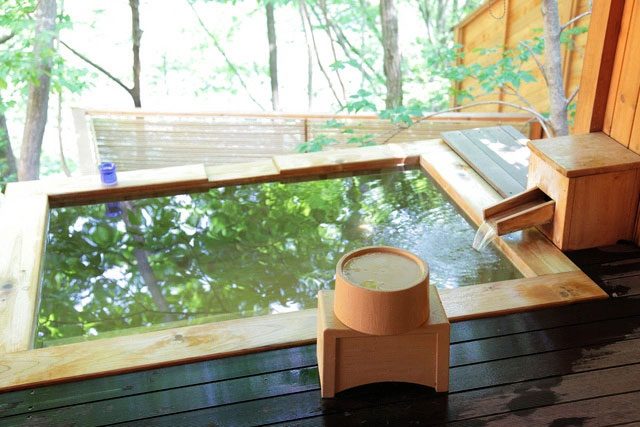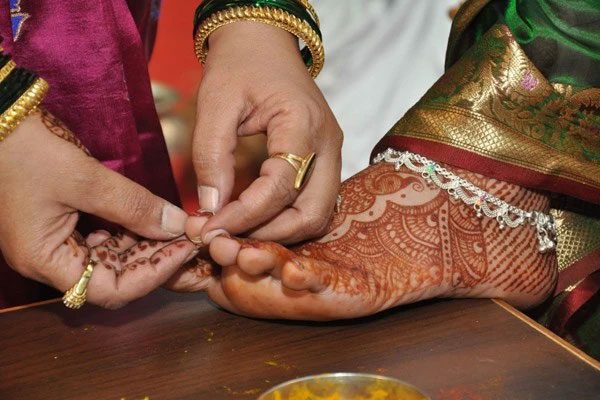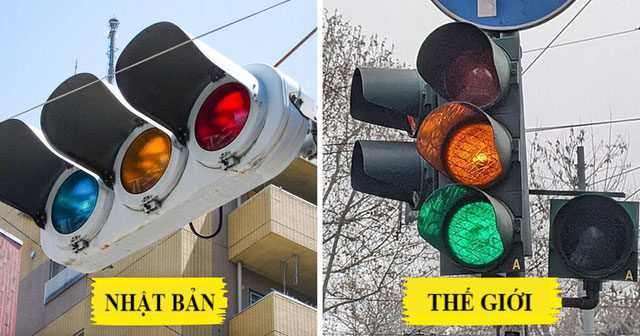These “unwritten” rules in these countries will certainly surprise many.
There are over 190 countries in the world, each with its own unique culture. Although the internet age has made it easier for us to learn about cultural diversity, there are still many fascinating aspects that we rarely get the chance to discover. Below are some interesting facts about various countries around the globe.
1. Wooden Bathtubs Used in Japan

Furo, also known as Ofuro, is a traditional bathtub style in Japan. However, the bathtubs used by the Japanese are made of wood rather than porcelain like in other countries. Moreover, the Japanese believe that these wooden bathtubs are used not to clean the body but to cleanse the mind. After a long day’s work, they return home seeking relaxation and warmth in the furo.
2. Indian Women Wear Wedding Rings on Their Toes

Wedding rings are typically worn on the ring finger of the left hand in many countries. However, Indian women often wear their wedding rings on the right hand because the left side is considered unclean. For married women in this country, they wear wedding rings on their toes called Bichiya.
3. Fermented Fish with a Strong Odor in Sweden

Since the 16th century, lightly salted herring from the Baltic Sea, fermented naturally, has become a staple of Swedish cuisine. Before this dish is packaged and sold in cans, the herring undergoes a two-month fermentation process in salty brine, resulting in a strong odor that many find quite difficult to enjoy.
4. Bamboo Poles Used as Drying Racks in Singapore

In Singapore, bamboo pole systems are used to dry laundry. Instead of using hangers or dryers, Singaporeans tie clean clothes onto bamboo poles, which are then inserted into outlets outside kitchen windows, similar to flagpoles. This bamboo pole system can often be found in older apartments and housing estates, where homes are closely packed and small.
5. Super Narrow Stairs in the Netherlands

For some foreigners, stairs in the Netherlands may seem like a safety hazard more than anything else. This stems from history, as buildings were designed to maximize vertical space instead of horizontal space, saving every centimeter possible.
6. Public Transport in Luxembourg

While in developed countries, charging for public transport is the norm, in Luxembourg, this service is completely free. As the first country in the world to provide free public transportation nationwide for everyone, this initiative has greatly encouraged citizens to use public transport.
7. Traffic Lights in Japan Are Blue

If you are used to traffic lights having three colors: red, green, and yellow, you will be surprised when you step into Japan. In this country, official traffic documents refer to green traffic lights as “ao” (blue) rather than “midori” (green).
8. Smiling at Strangers in Turkey Is Not Recommended

Turkish people are undoubtedly among the most hospitable in the world. However, when interacting with strangers, they can be quite reserved. Smiling at strangers is considered somewhat uncomfortable for them. Nevertheless, with acquaintances, Turkish people are warm and will do their best to make them feel welcome.
9. Afghans Kiss Bread If They Drop It

In Afghanistan and other Islamic countries, if you drop a piece of bread, you should pick it up as quickly as possible and kiss it. This act is believed to demonstrate respect for food. So, if you don’t want to do this, be careful not to drop anything.
10. Being Late in Mexico Is a Habit

In contrast to most countries where punctuality is crucial, Mexicans have an unwritten rule that is completely the opposite. It is known that whether they have an important meeting or a gathering with friends, they will certainly arrive later than the scheduled time. However, this is considered normal for casual events, while important official events like meetings still require adherence to time.
This tradition is thought to have originated from a long history of significant issues with public transportation in Mexico, making tardiness a habit.


















































